Menu
Hot-Topics
February 19, 2026 | SCOTUS Reaffirms Fourth Amendment Standard for Police Responding to Household Emergencies
Category: Historical
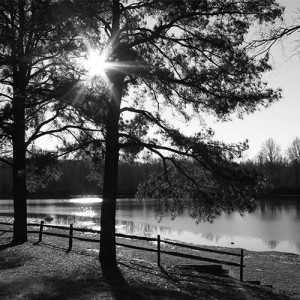
Martin v. Hunter’s Lessee: The Supreme Court’s Authority Over State Courts
In Martin v. Hunter’s Lessee, 14 U.S. 304 (1816), the U.S. Supreme Court first asserted its authority to overrule a state court decision regarding an issue of federal law. The Court’s landmark decision was rooted in the Court’s appellate jur...

New York v. Connecticut: Court’s First Exercise of Original Jurisdiction
In New York v. Connecticut, 4 U.S. 1 (1799), the U.S. Supreme Court first exercised its original jurisdiction to decide a legal dispute between two states. The dispute involved a strip of land over which the states of New York and Connecticut both c...
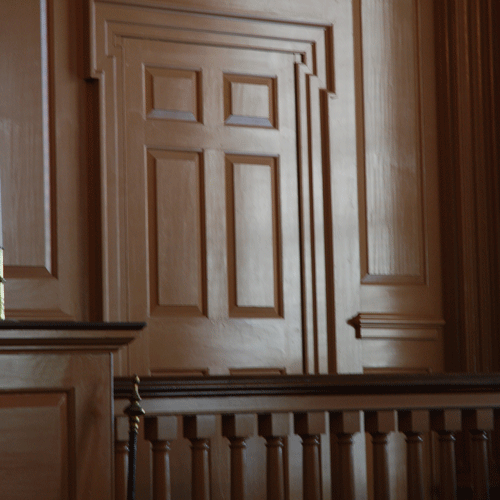
Hollingsworth v. Virginia: The President’s Role in Constitutional Amendments
In Hollingsworth v. Virginia, 3 U.S. 378 (1798), the U.S. Supreme Court held that the Eleventh Amendment was valid, even though the President of the United States had not formally sanctioned it. While the rationale of the Court has been debated, ...
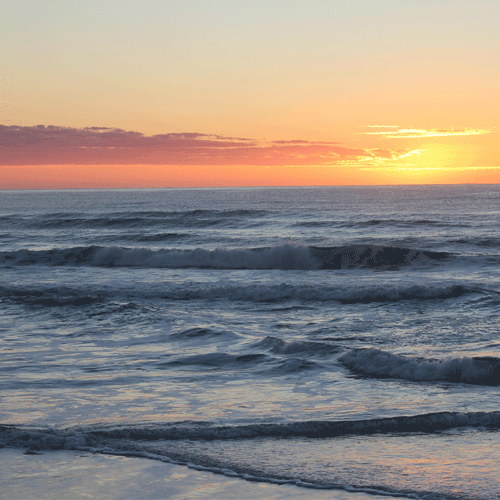
Talbot v. Janson: Supreme Court Recognizes Dual Citizenship in 1795
In Talbot v. Janson, 3 U.S. 133 (1795), the U.S. Supreme Court ruled that the jurisdiction of the court extended to the seas. The Court also held that Americans who gain citizenship of another country do not waive their U.S. citizenship status. ...
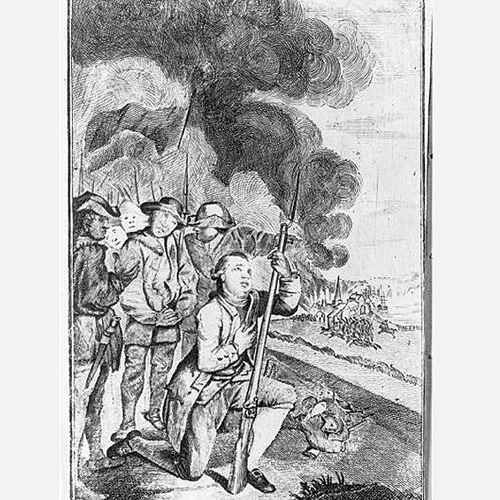
Chisholm v. Georgia: State Sovereign Immunity Prior to the 11th Amendment
Chisholm v. Georgia, 2 U.S. 419 (1793) is one of the first important decisions issued by the U.S. Supreme Court. The case, however, is not widely known or studied in constitutional law classes because its main holding, which abrogated state sover...

Hayburn’s Case: The Issue of Justiciability
Hayburn’s Case, 2 U.S. 409 (1792) is one of the earliest decisions of the U.S. Supreme Court. Although the Judiciary Act of 1789 authorized the creation of the Court, the justices did not consider their first case until 1792. Hayburn's case pre...

The Fourteenth Amendment and the Slaughterhouse Cases
The U.S. Supreme Court first reviewed the Fourteenth Amendment to the U.S. Constitution in the Slaughter-House Cases, 83 U.S. 36 (1873). In a 5-4 decision, the majority adopted a narrow construction of the Amendment’s Privileges and Immuniti...

The Dred Scott Decision: Slavery and the U.S. Supreme Court
In March of 1857, the U.S. Supreme Court considered the constitutionality of the Missouri Compromise - a federal statute that regulated slavery in several western territories of the country - in the infamous Dred Scott Decision, 60 U.S. 393 (1857). ...
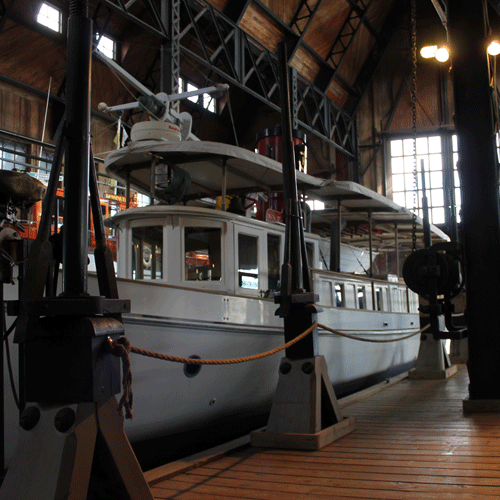
Gibbons v. Ogden: The Commerce Clause
In Gibbons v. Ogden, 22 U.S. 1 (1824), the U.S. Supreme Court first held that Congress has the authority to regulate any form of commerce that crosses state lines. The opinion, authored by Chief Justice John Marshall, is considered the most influenti...
Previous Articles
SCOTUS Decision in Bowe v. United States Is First of the 2026 Term
by DONALD SCARINCI on February 5, 2026
In Bowe v. United States, 607 U.S. ___ (2026), the U.S. Supreme Court held that Title 28 U.S.C. § ...
SCOTUS Rules State Can’t Immunize Parties from Federal Civil Liability
by DONALD SCARINCI on January 29, 2026
In John Doe v. Dynamic Physical Therapy, LLC, 607 U.S. ____ (2025) the U.S. Supreme Court held that...
Supreme Court to Address Racial Discrimination in Jury Selection
by DONALD SCARINCI onWhile the U.S. Supreme Court has concluded oral arguments for the year, it continues to add cases t...
The Amendments
-
Amendment1
- Establishment ClauseFree Exercise Clause
- Freedom of Speech
- Freedoms of Press
- Freedom of Assembly, and Petitition
-
Amendment2
- The Right to Bear Arms
-
Amendment4
- Unreasonable Searches and Seizures
-
Amendment5
- Due Process
- Eminent Domain
- Rights of Criminal Defendants
Preamble to the Bill of Rights
Congress of the United States begun and held at the City of New-York, on Wednesday the fourth of March, one thousand seven hundred and eighty nine.
THE Conventions of a number of the States, having at the time of their adopting the Constitution, expressed a desire, in order to prevent misconstruction or abuse of its powers, that further declaratory and restrictive clauses should be added: And as extending the ground of public confidence in the Government, will best ensure the beneficent ends of its institution.
Awards





